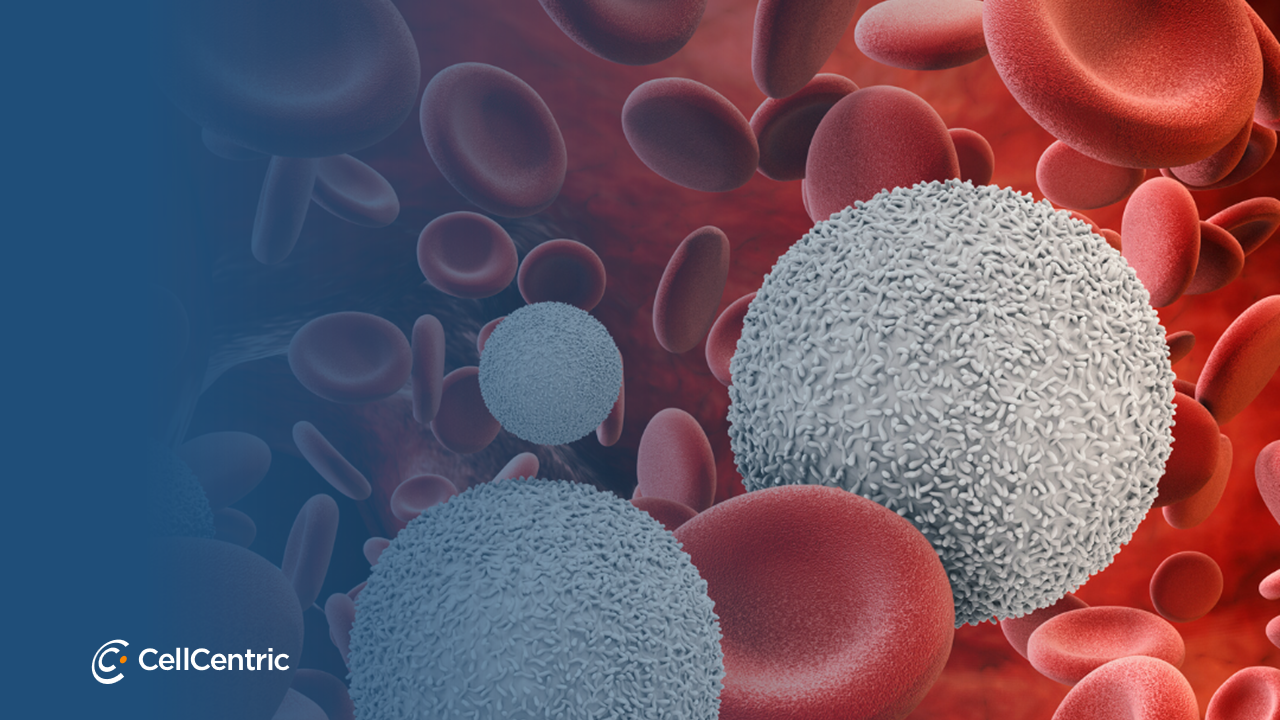CellCentric today presents its latest pre-clinical efficacy data on drug Candidate CCS1477, at the AACR’s Annual Prostate Cancer meeting, Orlando. This novel inhibitor which targets the bromodomain of p300/CBP, is advancing to the clinic early 2018. Latest results continue to support CCS1477’s anti-cancer efficacy, as well as its clear differentiation versus other epigenetic-related inhibitors targeting bromodomains (BET inhibitors), such as JQ-1, iBET-151 and OTX-015.
CCS1477 is a novel drug for the treatment of castration resistant prostate cancer (CRPC), as well as other cancers. It inhibits p300/CBP, significant regulators of tumour progression, which to date, have proved difficult to drug. CellCentric’s compound significantly decreases the expression of key drivers of CRPC, including the androgen receptor (AR), AR-splice variants and c-Myc. In pre-clinical models, plasma PSA, a well-known marker for prostate cancer, becomes undetectable.
CCS1477 targets the conserved bromodomains of twin histone acetyltransferase regulatory proteins p300 and CBP. Targeting bromodomains, as opposed to the catalytic sites of enzymatic protein targets, has recent precedent with multiple BET inhibitors in clinical trials. These have shown significant initial promise, but their ultimate use as monotherapies may be limited (see recent review: Doroshow DB, Eder JP & LoRosso PM; Annals of Oncology 28: 1776-1787, July 2017).
CellCentric’s inhibitor CCS1477 is differentiated from BET inhibitors in multiple ways, both in terms of specificity and mechanism of action:
- CCS1477 binds over 200x more potently to p300/CBP compared to BRD4, the primary target of BET inhibitors.
- In a BET inhibitor-resistant prostate cancer cell line developed by CellCentric, drugs including JQ-1, iBET-151 and OTX-015 no longer prevent proliferation. However, the cells remain responsive to CCS1477. This differentiated mechanism of action is further demonstrated by a synergistic effect on cell proliferation when CCS1477 is combined with JQ-1.
- Importantly, CCS1477 causes the significant loss of expression not just of AR, but also AR-splice variants, a key adaptive pathway of prostate cancer cells. At equivalent potencies, BET inhibitors do not exert the same effects.
- In breadth of efficacy panel screens, CCS1477 exhibits activity against discrete subsets of cancer; BET inhibitors are more promiscuous.
- Additionally, CCS1477 demonstrates a profound durability of effect of prostate cancer cell inhibition in vivo, beyond cessation of dosing.
As a consequence of its differentiated profile and durability of response, CCS1477 is expected to deliver meaningful clinical benefit for patients with castration resistant prostate cancer who have failed anti-androgen therapies.
The latest data presented at AACR-Prostate can be found at: http://www.cellcentric.com/aacr-prostate-poster-20…
CCS1477 is formulated as a once-day capsule and is currently completing pre-clinical qualification. A CTA (IND equivalent) submission for clinical trial testing is planned Q1 2018. First dosing in prostate cancer patients is scheduled to be conducted at the Royal Marsden Hospital, under the leadership of Johann de Bono. Professor de Bono has been responsible for the development of multiple novel prostate treatments, including Abiraterone (marketed by J&J).
Commenting, Will West, CellCentric’s CEO, said ‘This is an exciting time for CellCentric as we complete the pre-clinical qualification of CCS1477 and head to the clinic. Our novel inhibitor is clearly differentiated mechanistically from existing approaches. Demonstrating effects on key clinical efficacy markers at a tolerated dose, is our next milestone.’
About CellCentric
CellCentric is a biotechnology company developing novel cancer therapeutic products, based on its knowledge of epigenetics. The company was co-founded with Prof Azim Surani FRS CBE of University of Cambridge, and one of the earliest pioneers in the space.
CellCentric has identified and investigated multiple potential drug targets associated with epigenetic regulation, and has carried out early drug discovery on six. One of these, an arginine methyltransferase programme was licenced to Takeda Pharmaceuticals. The company’s own lead programme is the development of first-in-class inhibitors of p300/CBP histone acetyltransferases. These have potential for the treatment of the lethal form of prostate cancer (CRPC), as well as other cancers.
CellCentric is a privately held business, its largest shareholder being Morningside Venture Investments.


